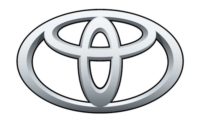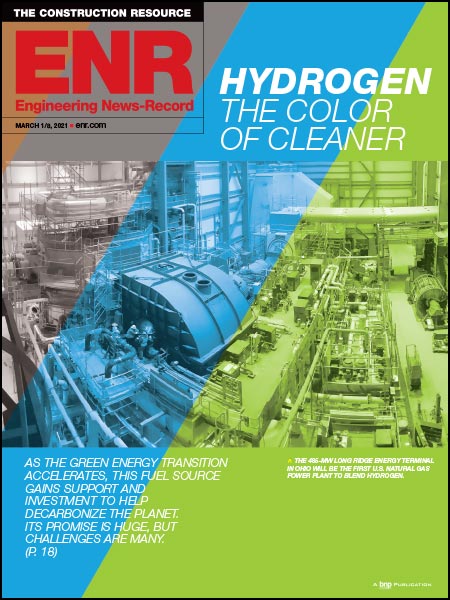
After years of on-again, off-again status, hydrogen fuel-cell cars may soon become a reality, though significant hurdles, such as building out fueling infrastructure, still stand in the way.
Toyota has brought the hydrogen fuel cell back into the limelight again by rolling out its still-unnamed sedan on Jan. 6 at the Consumer Electronics Show in Las Vegas. Intent on repeating the success of its hybrid Prius, Toyota is aiming to produce a reasonably priced hydrogen fuel-cell electric car with a 300-mile range and zero emissions that can be refueled in three to five minutes.
Significant challenges remain, however. "The first is building the vehicle at a reasonable price for many people," acknowledges Bob Carter, Toyota USA's senior vice president. "The second is doing what we can to help kick-start the construction of convenient hydrogen refueling infrastructure. We're doing a good job with both, and we will launch in 2015." International media report that, when the car goes on sale in the U.S., Toyota expects to sell between 5,000 and 10,000 cars at around $50,000 each. With more development and bigger volumes, the price is expected to drop over time.
Battery Backup
Not just intended for the road, Toyota's hydrogen fuel-cell car also could act as a backup residential power source, an idea developed in part as a response to Japan's 2011 Fukushima nuclear disaster. "A fully fueled vehicle will be capable of supplying enough energy to power a house for a week in an emergency," Carter says. Two years ago, the company started developing a bus-based, fuel-cell external power supply dubbed V2H—for "vehicle to home"—which could be used to power lights in an average-sized school gymnasium, providing 100 kWh for about five days.
Toyota and other car manufacturers regard California as the initial target market for fuel-cell cars. Mercedes-Benz and Honda are leasing fuel-cell cars in select areas, while Hyundai has announced a new lease program, as well.
Toyota is collaborating with the University of California Irvine's Advanced Power and Engineering Program (APEP) to map out locations and spatial distribution of hydrogen fueling stations, but it's unclear whether Toyota will be funding construction of the stations. Currently, there are only 10 working hydrogen fuel-cell stations in the state; another 19 are under development.
However, last fall, Gov. Jerry Brown (D) approved $200 million over 10 years to build as many as 100 stations—20 by 2015 and 40 more by 2016—which, according to Carter, would be enough to launch fuel-cell cars in the marketplace. APEP forecasts that 68 stations will be needed in the San Francisco Bay area, Silicon Valley, Los Angeles, and Orange and San Diego counties to get the technology off the ground. "If implemented, the system could handle a fuel-cell population conservatively estimated at about 10,000 vehicles," Carter adds. "And if every vehicle in California ran on hydrogen, we could meet refueling logistics with only 15% of the nearly 10,000 gasoline stations currently operating in the state." Last November, the California Energy Commission released a $29.9-million request for proposals for the next round of hydrogen refueling infrastructure projects; applications are due on Feb. 14.
Builders Wanted
Even so, several issues threaten the growth of hydrogen infrastructure. The turnaround time, from approval to actual construction and commissioning of a station, is long—on average, more than three years, sources say. Another potential problem is the reluctance of bidders to tap into these projects as California's past requests for proposals to build hydrogen stations have been undersubscribed.
But some fuel-industry experts believe building alternative fueling stations presents real opportunities, even if they may be more expensive to build than gasoline stations. During a virtual meeting, organized by the U.S. Energy Dept. and partners in Germany and Japan, on hydrogen infrastructure last December, one presenter estimated the cost of one hydrogen fueling station at $2.2 million.
John Hofmeister, former president of Shell Oil Co., chairman of the Energy Dept.'s Hydrogen and Fuel Advisory Committee and author of "Why We Hate the Oil Companies," says the alternative fueling facilities are not necessarily an economic deterrent. "The game-changer would be tax incentives to upgrade retail stations to accommodate new alternative fuels as part of an infrastructure makeover," Hofmeister says. "There would be a herd-like move among those who have the land and who want to be first in their communities."





Post a comment to this article
Report Abusive Comment